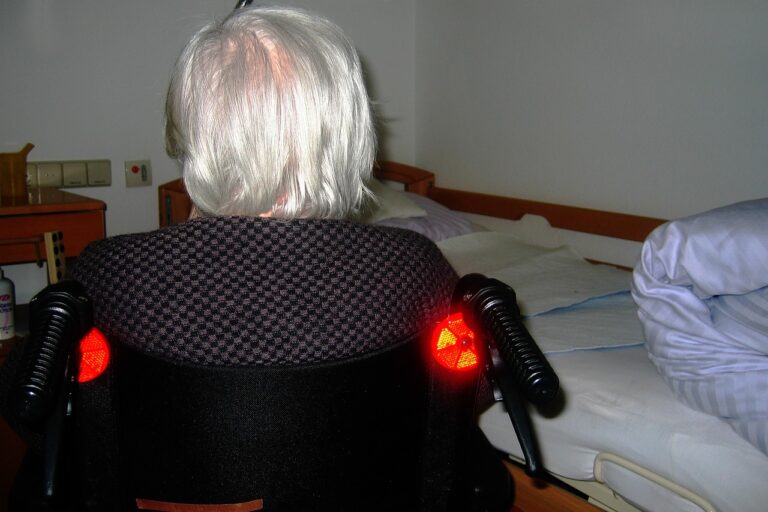How to Reduce Burnout Among Healthcare Workers
Burnout among healthcare workers can manifest in various ways, often beginning with physical symptoms such as fatigue, headaches, and stomach issues. These physical signs may be accompanied by emotional indicators like irritability, cynicism, and a decreased sense of accomplishment in their work.
Another common sign of burnout in healthcare professionals is a decline in job performance and productivity. This can include difficulty concentrating, making more mistakes than usual, and displaying a lack of motivation towards their responsibilities. Recognizing these signs early on is crucial in addressing burnout and preventing further negative consequences on both the individual’s well-being and the quality of patient care.
Understanding the Impact of Burnout on Healthcare Workers
Many healthcare workers experience burnout, a state of emotional, physical, and mental exhaustion caused by prolonged exposure to stress. This can lead to feelings of cynicism, detachment from work, and a decreased sense of accomplishment. Burnout can have serious consequences on the well-being and performance of healthcare workers, ultimately affecting the quality of care they provide to patients.
Furthermore, burnout among healthcare workers can result in high staff turnover rates, increased medical errors, and diminished patient satisfaction. It also contributes to lower job satisfaction and morale among healthcare teams, leading to decreased overall effectiveness and efficiency in healthcare settings. It is crucial for healthcare organizations to address and mitigate burnout among their workforce to ensure the delivery of optimal patient care and the well-being of their employees.
What are some common signs of burnout among healthcare workers?
Common signs of burnout among healthcare workers include exhaustion, cynicism or detachment from the job, decreased effectiveness in their work, and feelings of frustration or disillusionment.
How can healthcare workers recognize if they are experiencing burnout?
Healthcare workers can recognize if they are experiencing burnout by paying attention to their physical and emotional well-being, monitoring their levels of stress and fatigue, and being aware of any changes in their attitude towards their work.
What are some of the impacts of burnout on healthcare workers?
The impacts of burnout on healthcare workers can include decreased job satisfaction, increased rates of absenteeism, higher risk of medical errors, and negative effects on their physical and mental health.
How can healthcare workers cope with burnout?
Healthcare workers can cope with burnout by seeking support from their colleagues or supervisors, practicing self-care and stress management techniques, setting boundaries in their work-life balance, and seeking professional help if needed.
What can healthcare organizations do to prevent burnout among their staff?
Healthcare organizations can prevent burnout among their staff by promoting a positive work environment, providing resources for stress management and mental health support, offering training on resilience and coping strategies, and encouraging open communication about burnout.





